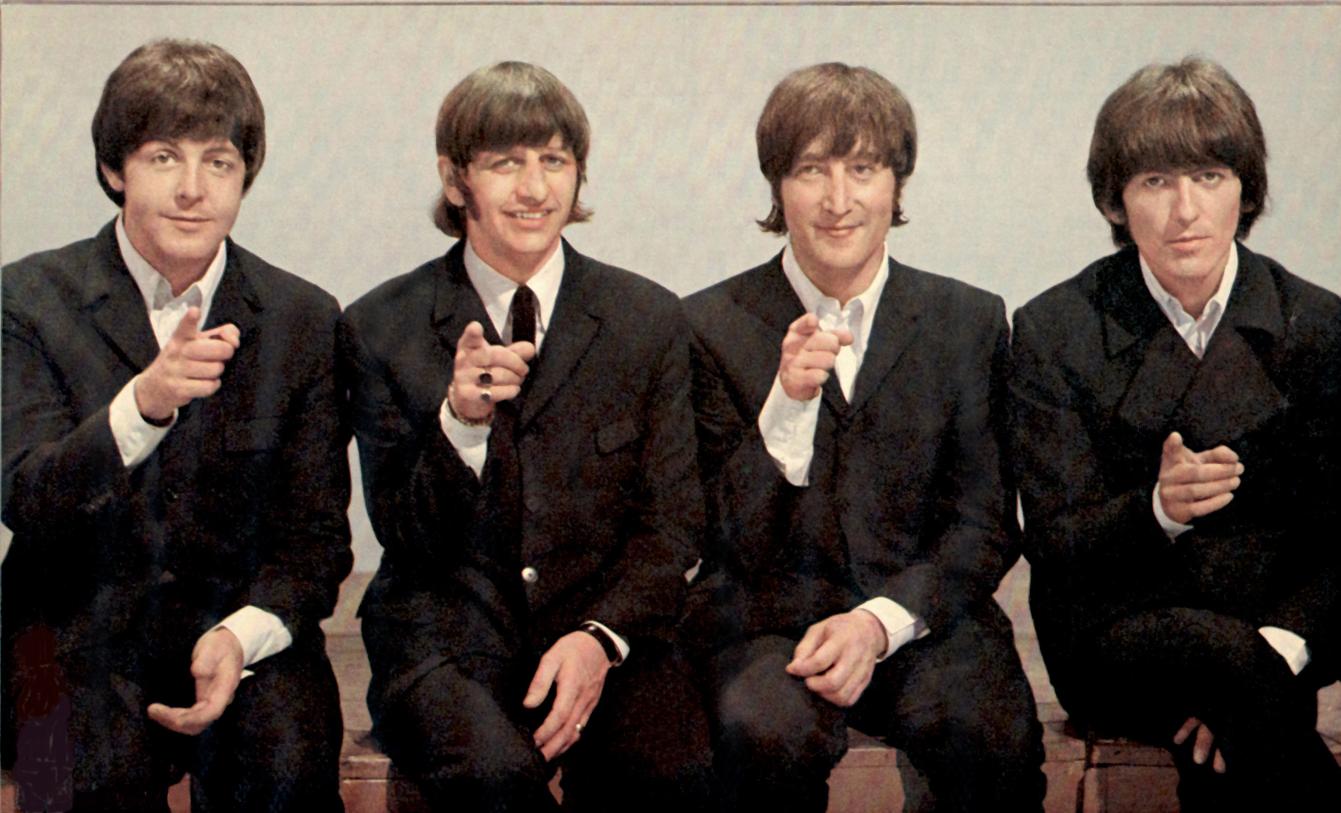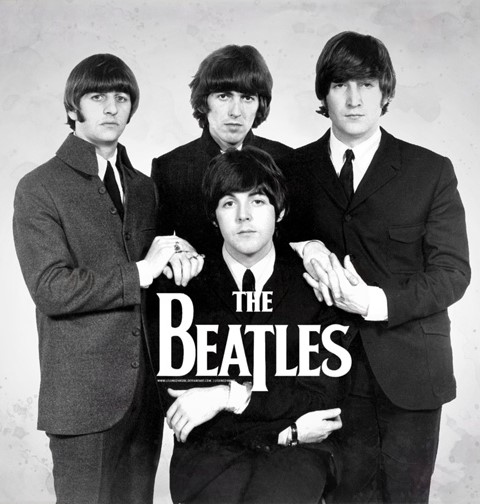
A Melancholic Reflection on Lost Love and Time’s Relentless Passage
“Yesterday” by The Beatles is a song that resonates deeply with anyone who has ever experienced the bittersweet pangs of nostalgia. Released in 1965 as part of the album “Help!”, the song quickly soared to the top of the charts, captivating audiences with its haunting melody and poignant lyrics. It’s a tune that has woven itself into the very fabric of popular culture, becoming one of the most covered songs in the history of recorded music.
Upon its release, “Yesterday” reached number one on the US Billboard Hot 100 and stayed there for four weeks, a testament to its universal appeal. Its success was not just limited to the United States; it also topped charts in countries around the world, including Canada and Australia. The song’s simplicity and elegance made it an instant classic, resonating with listeners from all walks of life.
The story behind “Yesterday” is as compelling as the song itself. Legend has it that Paul McCartney woke up one morning with the melody fully formed in his mind. Initially unsure if he had unconsciously plagiarized someone else’s work, McCartney played it for friends and colleagues, asking if they had heard it before. Once assured of its originality, he began crafting lyrics to accompany the tune. The working title was “Scrambled Eggs,” a playful nod to its embryonic stage before transforming into the melancholic masterpiece we know today.
At its core, “Yesterday” is about loss and longing—universal themes that speak to the human condition. The lyrics tell a story of regret and yearning for a time when life seemed simpler and happiness was within reach. McCartney’s voice, tender yet filled with sorrow, captures the essence of this lamentation. The stripped-down arrangement, featuring only an acoustic guitar and a string quartet, underscores the song’s introspective nature.
For many older listeners, “Yesterday” evokes powerful memories of their own past experiences. It serves as a reminder of days gone by—times filled with joy and heartache, laughter and tears. The song’s reflective tone encourages us to ponder our own lives and the choices we’ve made along the way. It speaks to that universal desire to turn back time, to undo mistakes, or simply to relive moments that are now forever out of reach.
In a broader cultural context, “Yesterday” marked a significant departure from The Beatles’ earlier work, showcasing their evolving musical maturity. While their previous hits were often characterized by upbeat tempos and youthful exuberance, this song introduced a more contemplative side to their artistry. It paved the way for future explorations into diverse musical styles and complex emotional landscapes.
The enduring legacy of “Yesterday” can also be attributed to its timelessness. Despite being nearly six decades old, it continues to find relevance with new generations of listeners who discover its beauty and depth. The song has been covered by countless artists across various genres—from classical musicians to rock bands—each bringing their own interpretation while preserving its core emotional impact.
For those who lived through its initial release, “Yesterday” remains a touchstone—a piece of music that encapsulates an era yet transcends time itself. It is more than just a song; it’s a vessel for memories and emotions that might otherwise remain buried in the depths of our hearts.
In conclusion, “Yesterday” by The Beatles is not just a reflection on love lost but also an exploration of time’s inexorable march forward. Its haunting melody and heartfelt lyrics serve as both a balm for past sorrows and an invitation to cherish present moments before they too slip away into memory’s embrace. As we listen to this iconic tune, we are reminded that while yesterday may be gone, its echoes linger on—shaping who we are today and inspiring hope for what tomorrow might bring.
